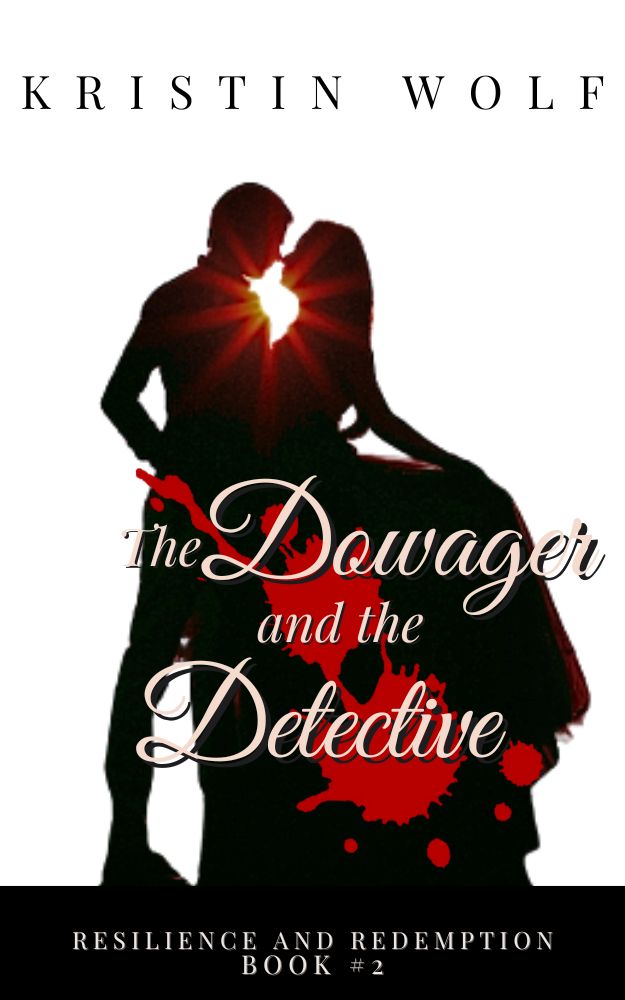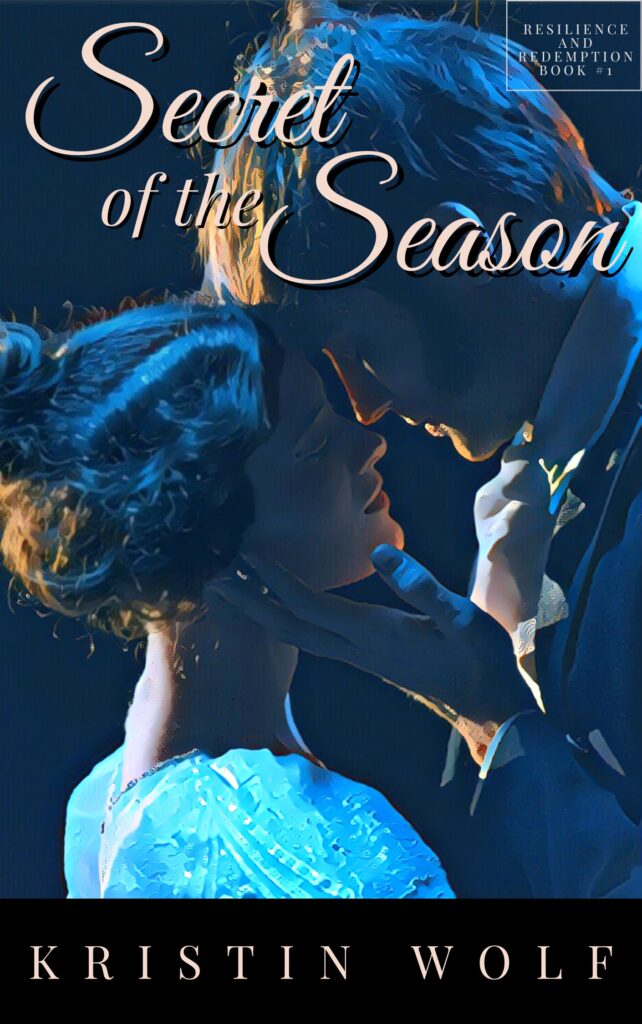

Are there any books or authors that inspired you to become a writer?
The most inspirational writer of all time to me is Jane Austen, and not just because she invented the genre of Regency romance. She took a great risk in choosing to write slice-of-life literature, especially in a time when gothic novels and poetry were the hot sellers. Couple that with the fact that she was, by all appearances, an ordinary woman, and I feel like I’m looking across time at my soulmate. The fact that she is still remembered for the joy she continues to bring readers, even two hundred years after her death, and she sets a precedent that I feel I can only aspire to.
I also really love and am inspired by writers who see Austen the way I do. Nora Ephron and Helen Fielding come to mind, with their superb modern romances that feel so very Regency while also touching the hearts and minds of contemporary readers and viewers. Beyond that, anyone with a sharp wit and the ability to diffuse troublesome situations with levity is greatly admired. More than anything, I wish I could write like Kurt Vonnegut, inserting myself as a character in my own story to say something quippy about something dreadful like the Dresden bombing or a horrific accident, only to disappear into the narration when the carnage ends and I’m no longer needed to make things funny. Showing the reader how all writing is a reflection of self, but also keeping it light. That’s what I want.
The risk-takers are my favorite writers.
Are there therapeutic benefits to modeling a character after someone you know?
This feels like a risky question to answer, because I think I’ve created some characters with familiar traits from my pool of family/friends. But I would say yes–creating a character who is similar to someone you know, be it a person you love or hate, can be therapeutic. It helps you to understand their motivation, struggle, reactions, and judgment so much more than you ordinarily would. You get time to ruminate on exactly what it is that makes them unique. You can begin predicting their reactions and anticipate their next move. But even deeper than that is the understanding of their emotions and learning to personally let go of some of the baggage between you. No matter how close you are to any given person, there is always baggage. Teaching yourself about that person by writing a small piece of them into your work encourages you to move on. Just try not to write anything too damning, especially if the person in question means a great deal to you.
At what point do you think someone should call themselves a writer?
As soon as they commit to writing. It does not matter how long it takes to get the words on the page, or in what format or method they publish. The only thing that matters is that they commit to writing their thoughts, stories, and passions. To me, it does not even really matter if they plan to publish or not. As long as they’re motivated by that mysterious internal force that compels them to commit their voice to a page, they are a writer.
Does writing energize or exhaust you? Or both?
A little of both. I get exhausted at the prospect of writing. Sitting there, ready to write, I tend to feel overwhelmed and easily get sucked into the social media trap that so often plagues writers these days. But once I get the juices flowing, and my fingers tap across the keyboard, making sense out of a series of buttons that otherwise do not appear so very connected, then I become energized. It’s like consuming caffeine, actually. I get a buzz from my own imagination, from the characters coming to life before me in my Word document, and the story unfolding. Sometimes, it’s so energizing that I can’t go to bed at night, even when I’m desperately tired.
What books did you grow up reading?
I didn’t like the books one might think I did, at least if you just saw the words, “Kristin Wolf, Regency Romance Author” at the top of a webpage. I liked stories of survival in the wilderness. Hatchet by Gary Paulson. Call of the Wild by Jack London. Santa Paws by Nicholas Edwards, not to be confused with the straight-to-DVD Disney movie. To a lesser extent (because it doesn’t involve the wilderness) Black Beauty, by Anna Sewell. I also loved books of pure silliness. Books like The Phantom Tollbooth by Norton Juster and Sideways Stories from Wayside School by Louis Sacher.
What characters in your book are most similar to you or to people you know?
I’m going to keep the “people you know” answer close to my chest, but I can certainly share who I’m most like among my characters. In my debut, Secret of the Season, I wrote about Elizabeth Baker, a young woman who does not fit into high society, but joins the Earl of Ashford’s party in London as the guest of a guest. She’s uncomfortable with her surroundings, but has next to no self-awareness and just lives her life as she always has, but in fancier clothing. Elizabeth is me. I would not know how to be in Regency society, so I would just be myself. In fact, I’d argue I’ve lived this, having spent many years attempting to live modern city life, only to discover I’m more comfortable in the community I grew up in (when I admit to this, I almost feel like the protagonist of a Hallmark Christmas movie). Elizabeth and I are both on the shy side, but are also free-thinking women who aren’t afraid to take up a cause if we believe in it. And we both fell in love with Joes.
What would you say is your interesting writing quirk?
I like to plot using my audio recorder on my phone. I find that if I speak what I want to happen aloud, it sticks with me a little easier than writing it down in a journal, Word doc, or spreadsheet, though I’ve used all of those tools as well. It also gives me something to do on long drives. I get in my car, turn on the audio recorder, and just start talking away. I don’t always listen to my recordings–I have over 70 recorded hours of me talking about my books or my life or whatever passion I’m pursuing in the moment–but just having spoken it into the atmosphere is enough to not only motivate me forward, but also plant the idea well enough in my head so that the seeds of idea grow onto the page.
When you’re writing an emotional or difficult scene, how do you set the mood?
I turn on music that reflects the mood of the moment, go on a walk, and imagine the scene in my head like it’s a movie. I allow the emotion of the character to wash over me, their experiences to live in my mind as though character and creator are one being, and feel the words rise up within me. As I go to write, I hold onto the feeling. I cannot tell you the number of times I’ve sat at my keyboard in tears, because I am experiencing the emotions my characters go through. Or the imagined pains I experience from the physicality of a scene. The elation from a joyous moment propels me up from my computer and gets me walking around the house in a good mood. I just let the characters’ emotions and decisions guide my heart and use that as fuel.
What was one of the most surprising things you learned in creating your books?
When I first started writing, I felt like I was just writing stories that I would enjoy reading. I didn’t have an agenda or any set themes that I was building upon. But I found as I really dove into this Regency world that I created, suddenly there were messages I wanted to get out there. Messages about feminism in a very oppressed time period, about race and religion, individuality, and breaking gender norms. I realized I want to paint a picture of a modern society within the Regency Era, because though time separates us, people are and will always remain people. We have always existed on a spectrum, even in the days of Austen. I’ve basically surprised myself with having a broader message than I ever planned woven into the fabric of my books.
Where do you get your information or ideas for your books?
For research, I do a lot of internet browsing. Since Regency romance is a very popular genre of book, there are a lot of resources out there that can help form an understanding of the times. Historians who keep blogs, maps of Regency England, maps of London, recipe books, court records, pamphlets and newspaper clippings that are remarkably still in existence, and of course, works of fiction of the day. All of them help to paint a picture that allows me to speak with some authority on Regency England.
As far as ideas go, I consult myself, really. What tropes do I like? What do I want to read? What modern problems would I like to see a historical character experience in their time?
Social media:
Facebook: kristinwolfauthor – https://www.facebook.com/kristinwolfauthor
Instagram: kristinwolfauthor – https://www.instagram.com/kristinwolfauthor/
TikTok: kristinwolfauthor – https://www.tiktok.com/@kristinwolfauthor
Goodreads: https://www.goodreads.com/author/show/16329101.Kristin_Wolf